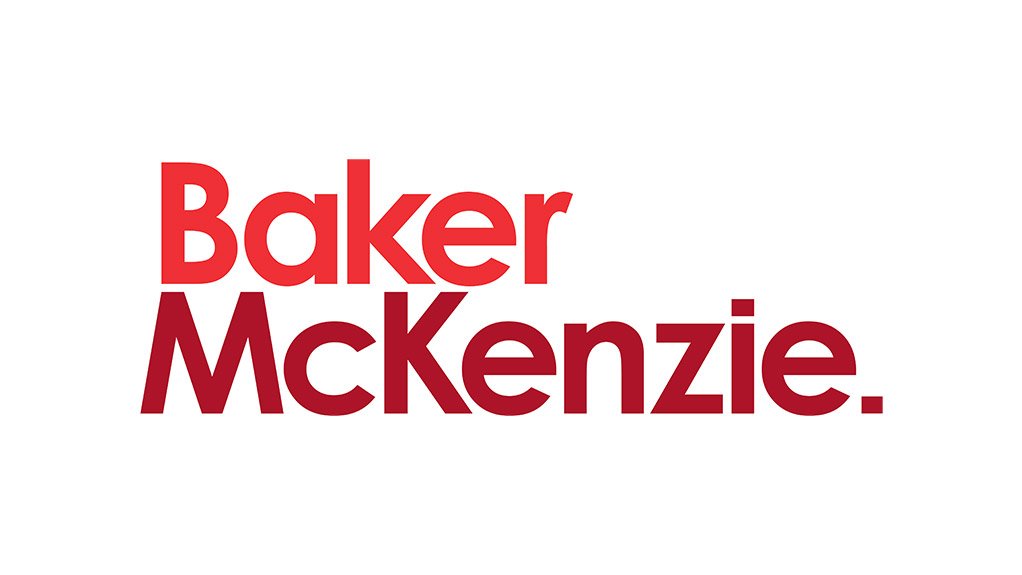On 24 June 2020, the Constitutional Court in South Africa (Court) delivered a judgment in the case of Competition Commission of South Africa v Pickfords Removals SA Proprietary Limited, which invalidated the commonly applied legislative interpretation that anti-competitive conduct that ceased more than three years ago would not be vulnerable to prosecution. This judgment has substantial implications for firms operating, or generating commercial effects, within South Africa.
The matter stems from a complaint initiated by the Competition Commission (Commission) in 2010, in which it alleged that a number of furniture removal firms had engaged in collusive tendering in the furniture removal industry in contravention of the the Competition Act 89 of 1998 (Act). However, the Commission did not add Pickfords as a respondent until 1 June 2011. The complaint was eventually referred to the Competition Tribunal (Tribunal) on 11 September 2015.
Pickfords subsequently raised an exception to the complaint, arguing that a number of the counts of alleged collusive conduct against it (alleged conduct) should be dismissed on the basis that they were time-barred in terms of section 67(1) of the Act. Section 67 (1) provides that a complaint may not be referred to the Tribunal if it was initiated more than three years after the alleged anti-competitive conduct had ceased.
Pickfords argued that the relevant date for the initiation of the complaint against it was the date on which it was cited as a respondent in the complaint (1 June 2011). On this basis, Pickfords argued that the alleged conduct was immune to prosecution in terms of the Act. It was common cause that, had the relevant date been that of the 2010 initiation, the exception would not have held.
The Tribunal found in favour of Pickfords, noting that its inclusion as a respondent in the complaint in 2011 was not an amendment of the 2010 initiation, but rather a self-standing initiation and, accordingly, the alleged conduct was time-barred. During proceedings, the Commission argued that the Act empowered the Tribunal to condone any non-compliance with a time limit set out therein and that the Tribunal should use this power of condonation as a basis for entertaining the complaint, despite the alleged conduct being time-barred. The Tribunal, however, found that this power of condonation did not apply to section 67(1) of the Act.
The Commission subsequently appealed the Tribunal's decision to the Competition Appeal Court (CAC), but to no avail. The CAC held that the 2011 initiation was, in fact, an amendment of the 2010 initiation but that, on the basis that Pickfords was only named as a respondent in 2011, the alleged conduct was time-barred in terms of the Act.The CAC went on to find that the time-bar was absolute and not capable of condonation.
However, on a further appeal by the Commission, the Court took a pragmatic approach in its ruling. The Court agreed with the CAC that, while the 2011 initiation was merely an amendment of the 2010 initiation, the purpose of the initiation of a complaint is to commence an investigation. It went on to note that this purpose would be defeated if the Commission was expected to know the identities of all parties involved before an initiation was properly made. Accordingly, the Court found that the alleged conduct was not time-barred. The Court therefore upheld the Commission's appeal, dismissing Pickford's exception and ordering that the complaint be remitted to the Tribunal for hearing.
Importantly, despite its finding that the alleged conduct was not time-barred, the Court went on to definitively hold that the time-bar envisaged in section 67(1) of the Act is merely a procedural time-bar and therefore capable of condonation on good cause shown.
As a result of this ruling, the legal risks for firms engaging, even inadvertently, in anti-competitive conduct have become exponentially greater, as all historical anti-competitive conduct is now notionally vulnerable to the risk of prosecution on a perpetual basis. Strict competition law compliance measures are therefore crucial for all firms operating in, or engaging in commercial conduct having an effect within, South Africa in order to mitigate the risks of prosecution in relation to historical non-compliance.
Written By Lerisha Naidu, Partner, and Ryan McKerrow, Associate, Competition & Antitrust Practice, Baker McKenzie Johannesburg
EMAIL THIS ARTICLE SAVE THIS ARTICLE ARTICLE ENQUIRY
To subscribe email subscriptions@creamermedia.co.za or click here
To advertise email advertising@creamermedia.co.za or click here











